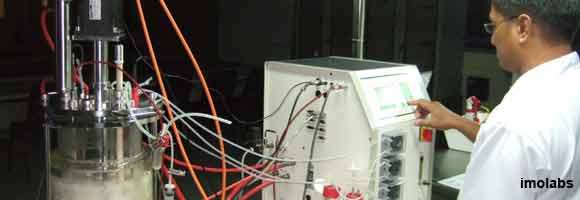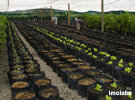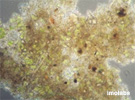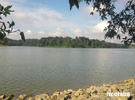Contract R&D

IMO Labs offers contract R&D services to clients with chronic condition-specific problems by conducting research work to better understand the microbiomes in which the problems exist. Armed with this knowledge and leveraging on the IMO i.microb platform, new formulations are developed and existing ones adapted to resolve the problems. IMO Labs has carried out contract R&D services for clients from a wide variety of industries ranging from food production to water management. Some case studies are shown below:
- Agriculture
- Aquaculture - BioFlocs
- Environment - Watershed Management
R&D for Agriculture
|
Planting Media Formulation |
|
|
Land Rehabilitation |
|
|
Sustainable Integrated Farming Systems |
Bio-Flocs
|
Bio-flocs are suspended aggregates that consist of a mixture of microorganisms, algae, floating solids, and undissolved organic compounds. In aquaculture, bio-flocs occur naturally and serve as an important source of nutritious feed for aquatic organisms, help improve water quality, reduce the cost of feeds and the amount of land required. Microbial induction of flocculation occurs naturally within an aquaculture system, but it is unpredictable. A traditional method to induce natural flocculation is by adding starch to the pond, which is also very expensive. IMO labs conducts research work to induce flocculation, using methods which not only have minimal intrusion upon the daily routine of a farmer and also incur minimal costs. |
Watershed Management
|
IMO Labs provides services to analyse the microbial profiles of large water bodies such as rivers, lakes and reservoirs. Microbial analysis of large water bodies can lead to better understanding of the ecology of the water bodies and the provenance of problems. It also allows for the discovery of specific microorganisms which can be used as bio-markers for early detection of problems. |







